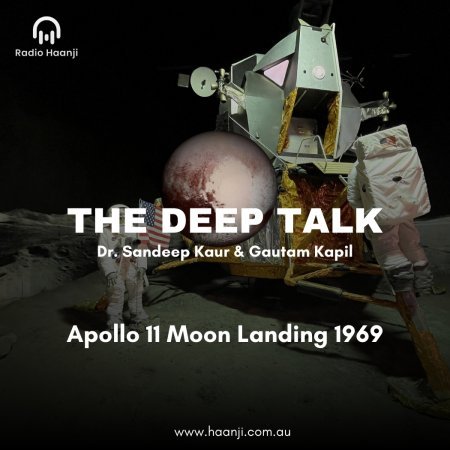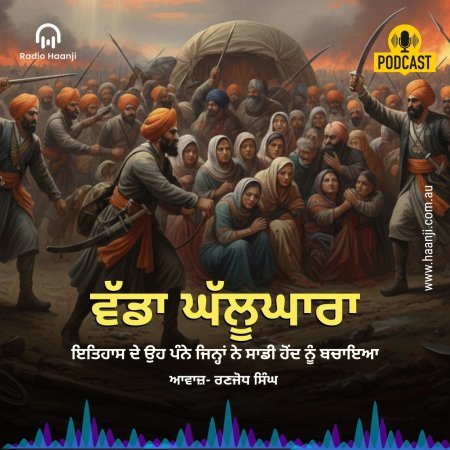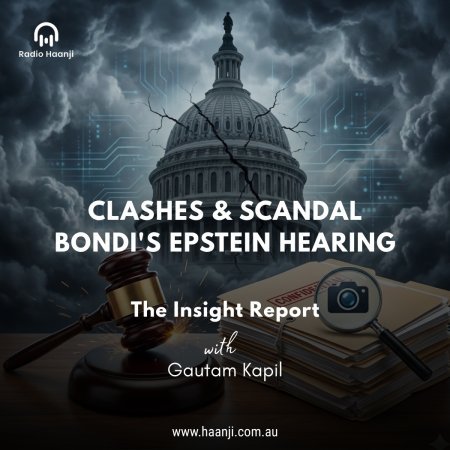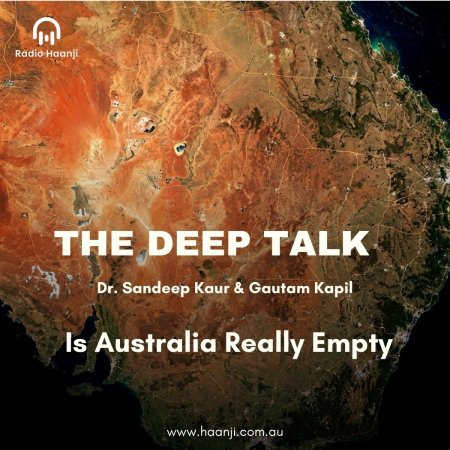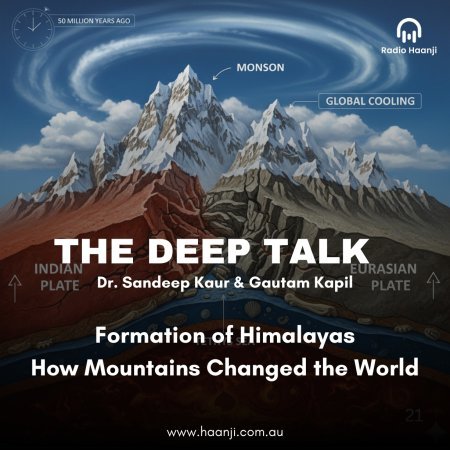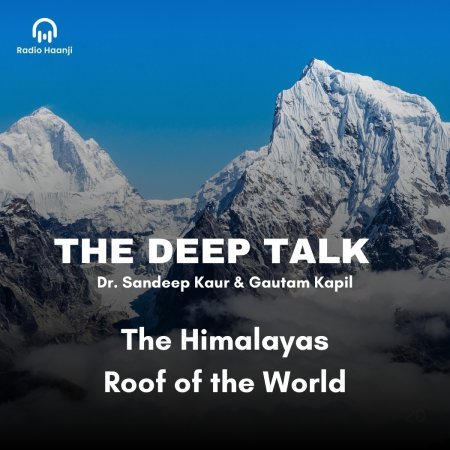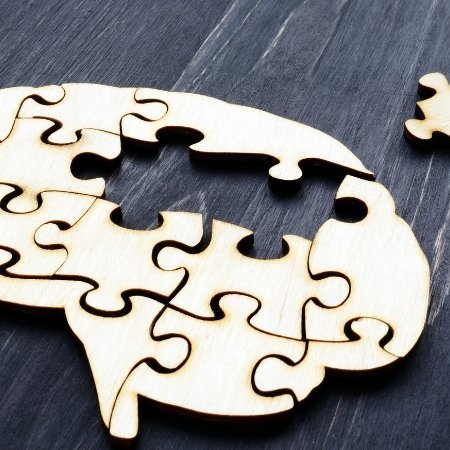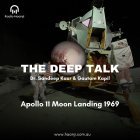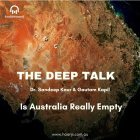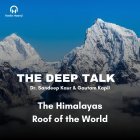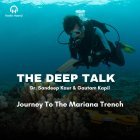
The Origin of Life on Earth: Fossils, Evolution, and Insights from The Deep Talk Podcast
Host:-
 Dr. Sandeep Kaur
Dr. Sandeep Kaur
 Gautam Kapil
Gautam Kapil
Discover how life on Earth began 4.3 billion years ago, from single-celled organisms to dinosaurs and humans, as discussed on The Deep Talk podcast with Dr. Sandeep Kaur and Gautam Kapil on Radio Haanji 1674 AM, Australia's top Indian radio station.
Unraveling the Origin of Life on Earth: A Deep Dive with The Deep Talk Podcast
The question of how life began on Earth has fascinated scientists, philosophers, and curious minds for centuries. In a captivating episode of The Deep Talk podcast, hosted by Dr. Sandeep Kaur and Gautam Kapil on Radio Haanji 1674 AM—Australia’s number one Indian radio station—the hosts explore the origins of life, tracing its journey from microscopic single-celled organisms to complex multicellular creatures like dinosaurs and humans. This article delves into their discussion, shedding light on the scientific milestones that shaped life on our planet and why this topic continues to spark wonder.
The Dawn of Life: 4.3 Billion Years Ago
According to the latest episode of The Deep Talk, life on Earth may have emerged as early as 4.3 billion years ago, just a few hundred million years after the planet formed. During this period, known as the Hadean Eon, Earth was a chaotic place, bombarded by asteroids and comets. These catastrophic events likely wiped out early life forms multiple times, leaving little evidence of their existence. Despite these harsh conditions, scientists believe the building blocks of life—simple organic molecules—began forming in environments like hydrothermal vents or primordial soups, as explored in seminal experiments like the Miller-Urey study.
Dr. Sandeep Kaur and Gautam Kapil discuss how these early conditions set the stage for life. They highlight that while life may have started early, the oldest known fossils, dating back to 3.8 billion years ago, provide the first concrete evidence of life’s presence. These fossils, found in places like Greenland and Western Australia, include stromatolites—layered structures created by photosynthetic bacteria called cyanobacteria. These ancient microbes played a crucial role in oxygenating Earth’s atmosphere, paving the way for more complex life forms.
From Single-Celled Organisms to Multicellular Marvels
The journey from single-celled organisms to multicellular life is a remarkable story of evolution. As discussed on The Deep Talk, single-celled organisms, like bacteria and archaea, dominated Earth for billions of years. These prokaryotes, lacking complex internal structures, thrived in extreme environments, such as deep-sea vents and acidic hot springs. Around 2.1 billion years ago, the first signs of multicellular life appeared, with fossils like the Francevillian biota suggesting early experiments in multicellularity.
The hosts explain that a key turning point came with the rise of eukaryotic cells—cells with nuclei and organelles like mitochondria, which provided more energy for cellular processes. This leap, possibly due to endosymbiosis (where one cell engulfs another, forming a symbiotic relationship), allowed life to become more complex. By 1.2 billion years ago, organisms like the red algae Bangiomorpha showed differentiated cells and even sexual reproduction, marking a significant step toward the diversity of life we see today.
The Rise of Dinosaurs and Humans
The evolution of life didn’t stop at multicellular organisms. As Dr. Sandeep Kaur and Gautam Kapil note, the Cambrian Explosion, around 541 million years ago, was a game-changer. This period saw a rapid diversification of life, with animals developing hard shells, spines, and complex body plans. The seas teemed with creatures like trilobites, while early vertebrates laid the groundwork for life on land.
Fast forward to the Mesozoic Era, and dinosaurs took center stage. Ruling the Earth for over 160 million years, these magnificent creatures ranged from towering sauropods to fierce theropods. The hosts highlight how the fossil record, including tracks and bones, reveals the dominance of dinosaurs until their extinction 65 million years ago during the Cretaceous-Tertiary event, likely triggered by a massive asteroid impact.
Humans, as we know them, are relatively new to the scene. Emerging around 300,000 years ago, Homo sapiens evolved from earlier hominids, building on the genetic and environmental foundations laid by billions of years of evolution. The Deep Talk podcast emphasizes how humans are a product of this long, intricate process, connected to the earliest microbes through a shared ancestor known as LUCA (Last Universal Common Ancestor), which lived around 4.2 billion years ago.
Why Listen to The Deep Talk on Radio Haanji?
The Deep Talk podcast, hosted by Dr. Sandeep Kaur and Gautam Kapil, is a must-listen for anyone curious about the mysteries of life. Airing on Radio Haanji 1674 AM, Australia’s leading Indian radio station, the show combines scientific rigor with engaging storytelling. Dr. Kaur, with her expertise in science, and Gautam Kapil, with his knack for making complex topics accessible, create a dynamic dialogue that appeals to both casual listeners and science enthusiasts.
This episode on the origin of life is a perfect example of why The Deep Talk stands out. It breaks down complex concepts like abiogenesis, fossil evidence, and evolutionary milestones into easy-to-understand insights, making science approachable for all. Whether you’re driving to work or relaxing at home, tuning into Radio Haanji or streaming the podcast online offers a chance to explore profound questions about our existence.
Key Takeaways from the Episode
-
Life’s Early Beginnings: Life may have started 4.3 billion years ago, with the oldest fossils (stromatolites) dating to 3.8 billion years ago, found in Greenland and Australia.
-
Single-Celled to Multicellular: Single-celled organisms evolved into multicellular life around 2.1 billion years ago, with eukaryotic cells enabling greater complexity.
-
Cambrian Explosion: Around 541 million years ago, life diversified rapidly, leading to the ancestors of modern animals.
-
Dinosaurs and Humans: Dinosaurs dominated for 160 million years, while humans evolved much later, building on billions of years of evolutionary history.
-
LUCA’s Legacy: The Last Universal Common Ancestor, dating back 4.2 billion years, connects all life forms, from microbes to humans.
Tune In to The Deep Talk on Radio Haanji
Ready to explore the wonders of life’s origins? Catch The Deep Talk with Dr. Sandeep Kaur and Gautam Kapil on Radio Haanji 1674 AM, Australia’s premier Indian radio station. Listen live or stream episodes online to dive into fascinating discussions about science, culture, and more. Follow Radio Haanji on social media for updates on new episodes and join the conversation about life’s incredible journey.
For more insights into the origin of life, check out the latest research from sources like the University of Chicago and the Smithsonian National Museum of Natural History, which provide detailed accounts of early fossils and evolutionary processes.
What's Your Reaction?











